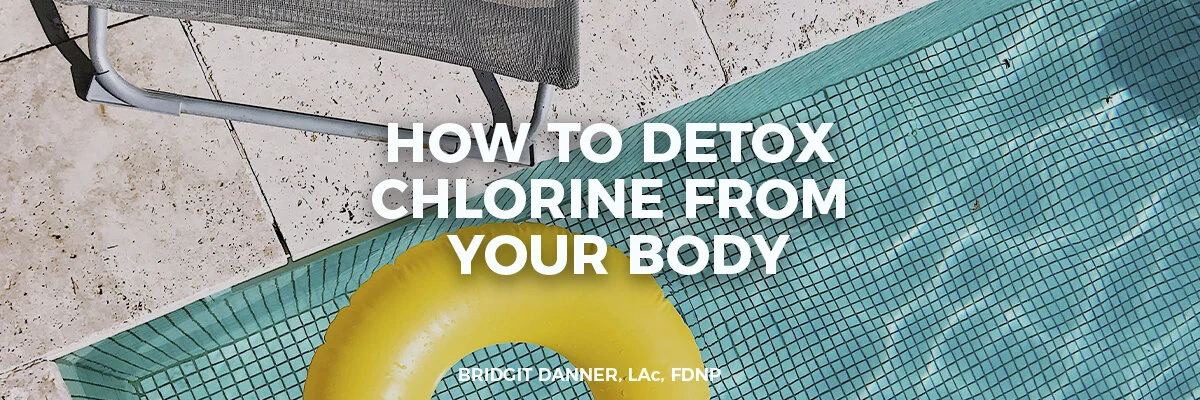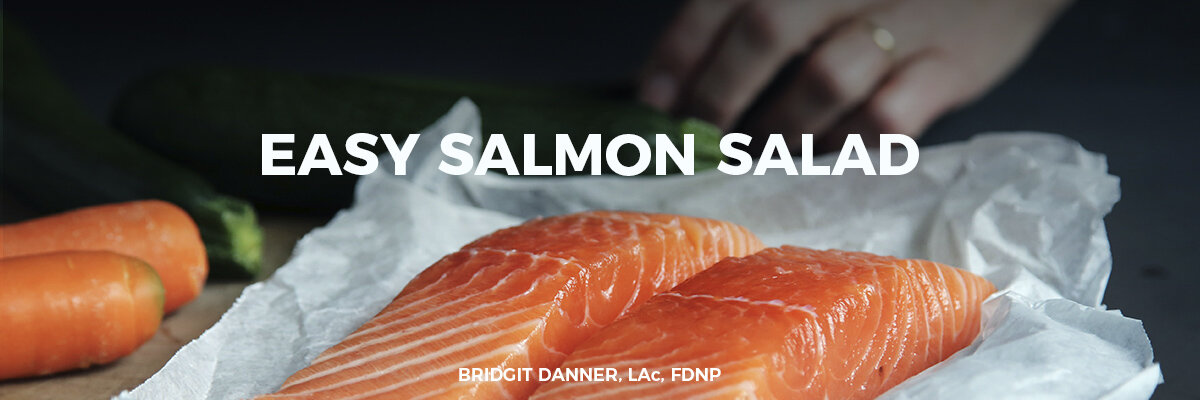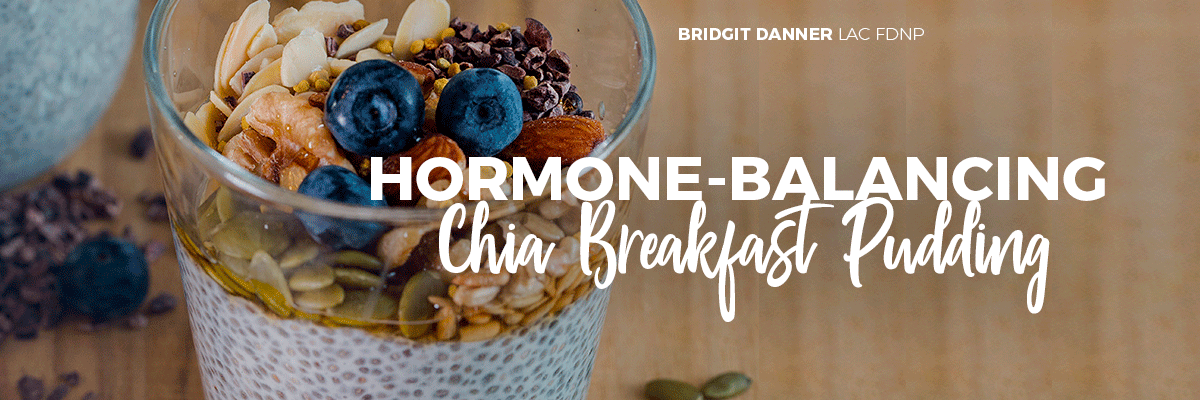Are Toxins Lowering Your Energy?
There are certain aspects of the human body that I find utterly fascinating. One such topic is mitochondria. Two billion years ago, mitochondria were bacteria that weaseled their way into cells for protection and ended up creating energy for cells in a symbiotic relationship. (1) See??? I wasn’t kidding that they are interesting!
Your mitochondria make you energy and keep every cell functioning at its best. Life is so much better...or so much worse...depending on your mitochondria. So let’s learn about these unique little powerhouses and how to take good care of them.
What Are Mitochondria?
Mitochondria are cellular components called organelles. An organelle is a part of a cell with a specific function. A mitochondrion is a shapeshifter, from thread-like to spherical, and it has a double membrane barrier and a matrix that contains enzymes, ribosomes and mtDNA. (2, 3)
Your mitochondria have their own DNA, different from your DNA, that is inside your cells. So taking care of this DNA is a bit special, and worth you reading this article!
A major function of mitochondria that I want to focus on today is ATP production. ATP is stored energy that is produced from glucose, oxygen and other ingredients through a complex sequence of steps by your mitochondria. (4)
The mitochondrial respiratory chain, or electron transport chain, is this sequence of steps. (5, 6)
One ingredient that your body needs to produce ATP is CoQ10. CoQ10 production is reduced in the body with age, and it can also be reduced by oxidative stress from things like toxin exposure and overexercise. (7) CoQ10 is produced by mitochondria. (8)
To give a little explanation on ‘oxidative stress,’ let’s first explain oxidation, which is the transfer of electrons from one molecule to another. An end waste product of turning the energy of food into fuel is carbon dioxide, which we exhale. (9)
During oxidation, reactive oxygen species (ROS) are also produced as electrons are “leaked” in different stages of the respiratory chain. (10)
These reactive oxygen species are not bad per se, as they signal cellular function and programmed cell death. The body also produces antioxidants, such as superoxide dismutase (SOD), to manage ROS. (11)
But a spike in reactive oxygen species or an excess versus your antioxidant capacity can result in oxidative stress, which can damage mitochondria and cells.
“(CoQ10) is also called ubiquinone because of its ubiquitous diffusion in organisms and tissues.” (12)
How Are Mitochondria Affected by Toxins?
Despite being inside your cells and then inside a double membrane of their own, your mitochondria are sensitive to damage, and they create their own oxidative by-products as they produce energy, as you learned above. (13)
“The complexity of mitochondrial structure and function facilitates its diverse roles but also enhances its vulnerability...Several lines of evidence suggest that environmental exposures cause substantial mitochondrial dysfunction.” (14, 15)
Here are some examples of toxins that damage mitochondrial function or production:
Shiga toxin from E. Coli (16)
Trichloroethylene, an industrial solvent (17)
Mercury in dental fillings, lightbulbs, fish, industry (18)
Excess iron (19)
Mold toxins such as aflatoxins, ochratoxin A and macrocyclic trichothecenes (20)
Smoking & pollution (21)
UV radiation (22)
How Can Your Prevent Mitochondrial Damage?
The most important part of detox is toxin avoidance. There isn’t much benefit in removing toxins if they will be added back at the same rate.
However, toxin avoidance can never be 100%. We are all exposed to toxins from air, water, food and manufactured household products. Even polar bears in the arctic have a toxic load. (23) We can’t escape it.
As we are all exposed to toxins everyday, I am an advocate of supporting your body’s detoxification systems daily as well.
In terms of mitochondria specifically, here are some ideas:
Practice deep breathing exercises
Don’t overeat and space out your meals
Eat foods high in antioxidants like sprouts, peppers, lemons and berries (24, 25)
Eat sources of healthy fats like wild salmon, walnuts, and pecans
Use a home water filter
Wet dust and mop your home often
Change the air filters in your home every 3 months
Eat organic and avoid processed foods
Address any possible infections: gut, dental, or systemic like Lyme
Investigate possible mold in your home and body (26)
Avoid all artificial fragrance in the home, including in beauty products
Skip out on tuna fish
Use a multivitamin with selenium
Take an Omega 3 supplement
Remember the bacteria that were engulfed by cells two billion years ago? These were likely melatonin-producing bacteria. Melatonin is an antioxidant as well as a hormone. (29)
“There are many age-associated diseases that have, as a contributing factor, free radical damage. These multiple diseases may likely be deferred in their onset or progression if mitochondrial levels of melatonin can be maintained into advanced age.” (30)
Pretty interesting, right?!
My Favorite Supplement for Mitochondrial Support: Mi CoQ10
During my own recovery from toxic mold, I found CoQ10 when I was half-recovered. I was functional, but I was tired, frequently sick with flu-like symptoms and had poor recall.
A colleague suggested CoQ10 and I tried it with a less-than-hopeful attitude. I took it for a month, but then I didn’t have another bottle. This is when I noticed symptoms returning!
I wasn’t tired in the afternoon and having a sugary snack while on taking CoQ10. So I got back on it quickly.
Looking back, I was likely in a major CoQ10 deficit thanks to years of living in a moldy house and developing all the toxic stress and co-infections that come with toxic mold.
Nowadays I won’t crash if I miss my CoQ10 Energy, but I am still taking it nearly every morning. CoQ10 Energy is my insurance plan for me against low energy. After doing the research, I feel good that CoQ10 Energy is helping my skin and whole body age more gracefully.
Five Reasons to Consider Daily Mi CoQ10 Supplementation:
CoQ10 performs mitochondrial detoxification
“...Coenzyme Q10 and mitochondrial targeted antioxidants/peptides are reported to have the most remarkable effects in clinical trials.” (31)
CoQ10 lowers systemic inflammation
“The present study suggested that CoQ10 supplement at a dosage of 100 mg could be effective for improving the systemic inflammation…” (32)
“Ubiquinol (CoQ10) inhibits peroxidation and blocks ferroptosis. FSP1 acts independently of another pathway known to block lipid peroxidation and ferroptosis, which requires the proteins GPX4 and glutathione.” (35)
CoQ10 reduces skin aging & other symptoms of aging
“The intake of CoQ10 limited seasonal deterioration of viscoelasticity and reduced some visible signs of ageing. We determined significantly reduced wrinkles and microrelief lines, and improved skin smoothness…” (36)
“The modification of CoQ10 levels in different tissues as a consequence of increasing dietary CoQ10 intake would be on the basis of the improvement in conditions related to aging observed in both humans and animals. These include obesity and metabolic disorders, cardiovascular diseases, or skin aging by exposure to sun radiation. In this sense, dietary CoQ10 has been able to reduce insulin resistance (IR) in adults with prediabetes.
Chronic inflammation and oxidative stress play essential roles in the pathogenesis of many age-related diseases in which low CoQ levels may be a pathophysiological factor. Thus, the reported health benefits of CoQ10 in previous studies could be a consequence of homeostasis recovery by directly increasing CoQ10 or indirectly improving cell antioxidant defenses and/or mitochondrial function.” (37)
CoQ10 decreases statin-related muscle pain
“The present results show that coenzyme Q10 supplementation (50 mg twice daily) effectively reduced statin-related mild-to-moderate muscular symptoms…” (38)
Try Mi CoQ10
One bottle lasts one month, and CoQ10 is generally very well tolerated.
CoQ10 is not recommended if you are taking blood-thinners. Conversely, CoQ10 is recommended if using statin drugs, as these drugs lower CoQ10 levels.
Taking CoQ10 may reduce your dosage need for blood pressure medication, so talk to your doctor if you are on this or any medication. (38, 39)
Bridgit Danner, LAc, FDNP, is trained in functional health coaching and has worked with thousands of clients over her career since 2004.
Check out her easy5-Day DIY Detox Guide here!












The thought of a coffee enema might leave you in shock, but it’s actually a practice that has been used for thousands of years. I’ve seen the correct implementation of coffee enemas truly transform energy, gut health, antioxidant status and more. Learn the right way to do a coffee enema!